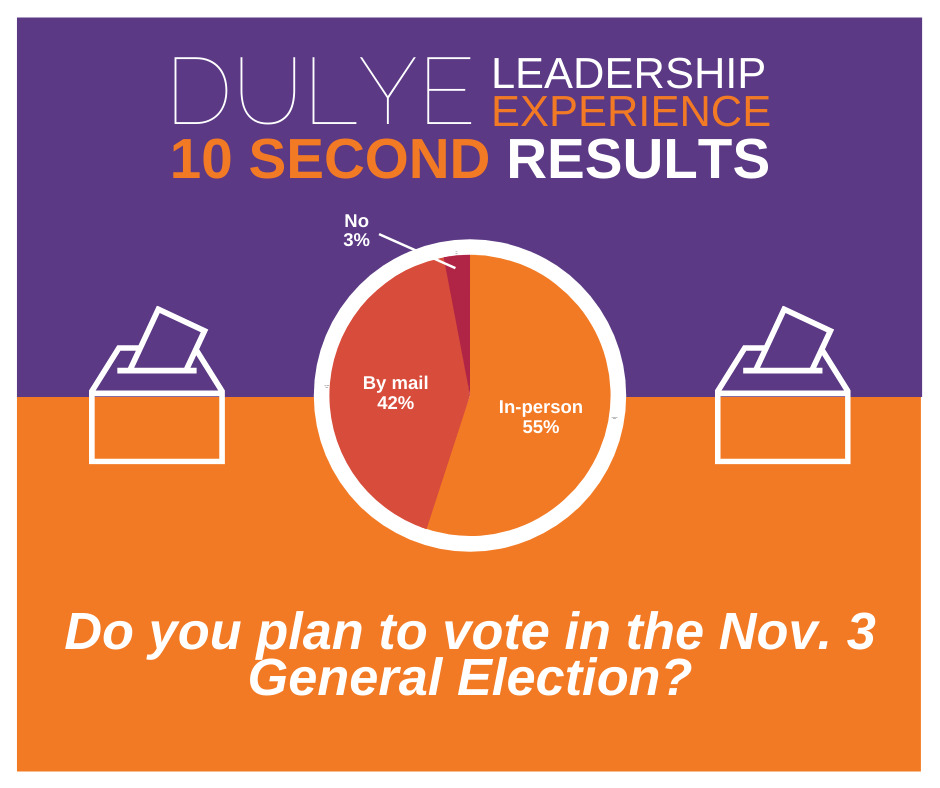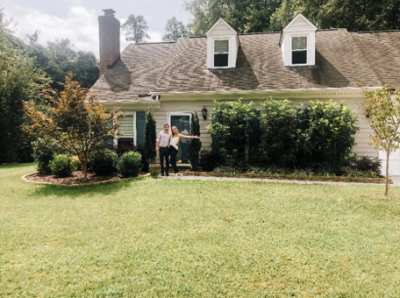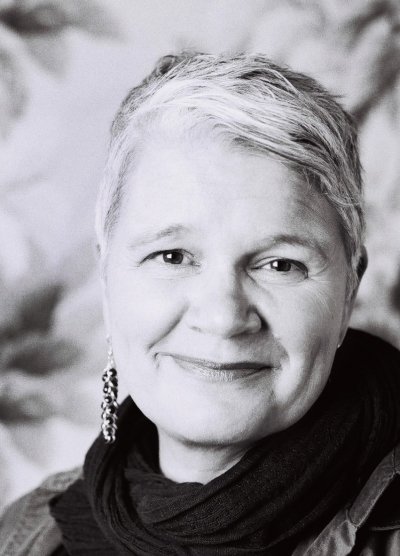
POLL RESULTS: NO SPECTATORS IN THIS GENERAL ELECTION
October 28, 2020
CELEBRATING FIRST-TIME FEMALE HOMEOWNERS
October 28, 2020Submitted by Julia Kirst, Ph.D., DLE Community Member and Founder/President, Julia Kirst Intl., Pittsfield, MA
Author’s Note: This article is an updated take on my October 2006 letter to the editor published in the Daily News, the local paper of Newburyport, MA. The update better reflects some aspects of the current election season, but not all. For example, there are no presidential elections in Brazil this year, and my kids no longer need childcare. More importantly, if I were to rewrite this completely, I would address today’s obstacles to voting and to having one’s vote counted. Still, there is value here in reflecting on the privilege of voting.
October 1, 2006 was a special day. On that rainy Sunday afternoon, I arranged for childcare and then drove down to Somerville, MA, to cast my vote in the Brazilian presidential elections. This was the first round, and if neither of the candidates received more than 50% of the vote, I would have had to return to Somerville to cast my vote on the second round later that month.
Though I have lived in the United States for 25 years now and am a U.S. citizen, I wasn’t prepared for the pity I encountered when I told people about my plans for that day. “You have to vote?” When I explained that in Brazil voting is compulsory, somebody offered, “In the U.S. we don’t have to vote … It is a free country!”
No matter how hard I tried, I wasn’t able to convey that my voting expedition—I got lost on the way there and on the way back—was not a chore, but an honor.
I still remember clearly, as a teen, demonstrating in the streets of my hometown in Brazil. The year was 1984, and we were demanding “Diretas Já!” (Direct Elections Now!). For 20 years, the military had decided who was going to govern us. And we were furious. That fury became activism. Now, we can elect our officials because people like my parents worked to undermine the dictatorship.
On that October 1, I voted in the Brazilian presidential elections to honor that past. You might say that the U.S. didn’t have that past. My answer is that it shouldn’t take a population 20 years of dictatorship to know that voting is a privilege.
I also voted in honor of the future. I voted to demonstrate my faith in the democratic process. Isn’t it ironic that while the United States goes around the world spreading the gospel of “the democratic process,” so few think of voting, the main tool of democracy, as an honor? Instead, I hear a lot about it being inconvenient, time-consuming and generally ineffective. Why does the United States want the democratic process for others, but won’t do what it takes to practice it ourselves?
Finally, consider this. You and I live in the most powerful country in the world. And this means something important for us as voters. Every time we excuse ourselves from voting, someone else makes a decision about who will be in charge. This is nothing new, I know.
What might not have crossed your mind is that our absence from our politics impacts world politics. The president you choose, or don’t choose, will inevitably have power over global politics to an extent that no other country could dream of. Our privileged position in the world comes with a global responsibility that we should take very seriously.
On November 3, 2020, I hope you will go to the polls (or submit your ballot even before then) knowing how privileged you are. I hope you will dare to honor your country more than any flag, bumper sticker or social media post could ever do for you.



